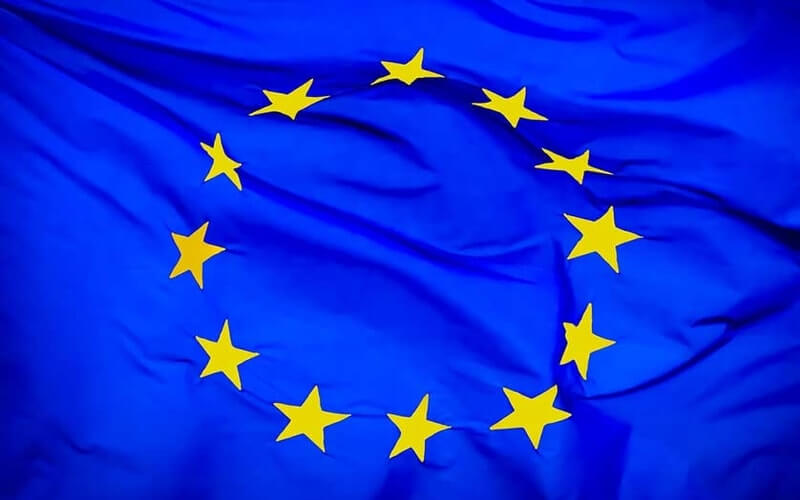
The European Union flag. Photo courtesy of the University of Miami.
Summary: Poland, Hungary, and the Czech Republic face sanctions from the European Union because they refuse to accept asylum-seekers from Italy and Greece.
On Tuesday, the European Union filed a lawsuit against Poland, Hungary, and the Czech Republic for refusing to allow asylum seekers into their borders. According to Reuters, the complaint is fueling an east versus west feud between the 28 nations in the EU on how to manage migration.
“I regret to see that, despite our repeated calls to pledge to relocate, the Czech Republic, Hungary, and Poland have not yet taken the necessary action,” the EU’s migration commissioner, Dimitris Avramopoulos, said.
In 2015, the majority of EU leaders agreed to relocate individuals from frontline countries, Italy and Greece, but Poland and Hungary have refused to comply. The Czech Republic initially accepted a dozen people but has since closed its borders.
“The Czech Republic does not agree with the system of relocation,” Czech Republic Prime Minister Bohuslav Sobotka said. “With regard to the worsened security situation in Europe and dysfunctionality of the quota system, it will not participate in it.”
Avramopoulos said that the EU would enact infringement procedures against the three countries, but the enforcement could take months or years to actually impose the fines.
Polish Deputy Foreign Minister Konrad Szymanski said that the country would defend itself in court.
“From the political point of view, this action … unnecessarily heats up political tensions, of which there are already too many in the European Union,” Szymanski said to state TV. “If necessary, Poland is ready to defend its legal arguments in court.”
Hungary said that the country felt as if they were being blackmailed by the western countries of the EU and that it was proud to lead the Eastern resistance.
“We will not give in to blackmail from Brussels,” Hungary’s prime minister Viktor Orban said to The Telegraph. “We reject the mandatory relocation quota.”
The European Union consists of 28 countries, and there has been growing tension in the bloc, as evident by Britain’s decision to leave in June of 2016. According to The Telegraph, Western countries such as Germany and France have been vocal about wanting to help asylum-seekers, but Eastern countries have fought that decision. For instance, Hungary and Slovakia have already challenged the EU migrant agreement in a top EU court, and the court is expected to rule next month.
The countries that closed their borders said that they did so because of security concerns, and they noted the growing number of terrorist attacks from Islamic fundamentalists. The majority of those attackers had been immigrants from Muslim-majority countries in the Middle East and North Africa.
Other EU states have also been resistant to taking in refugees from Italy and Greece, two countries that are seen as gateways to Europe from the Middle East and North Africa. Under the EU agreement, 160,000 people were supposed to migrate into other nations, but so far only 21,000 people have relocated.
The majority of the 21,000 refugees were taken in by Germany and Sweden, who have been futilely mounting pressure on its fellow EU members to do their part.
Avramopoulos said that the internal dispute over relocating asylum-seekers is a political issue about values.
“Europe is not only about requesting funds or ensuring security. Europe is also about sharing difficult moments and challenges,” Avramopoulos said.
- The European Union Allows Private Companies to Restrict Religious Attire
- France’s Burka Bikini Ban under Scrutiny
- The European Union Rules Google Must Respect Right to Remove Personal Past
Source: Reuters












































